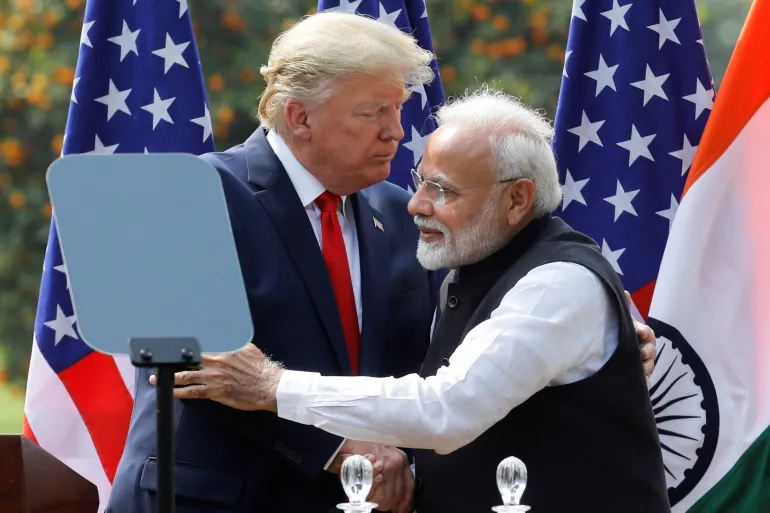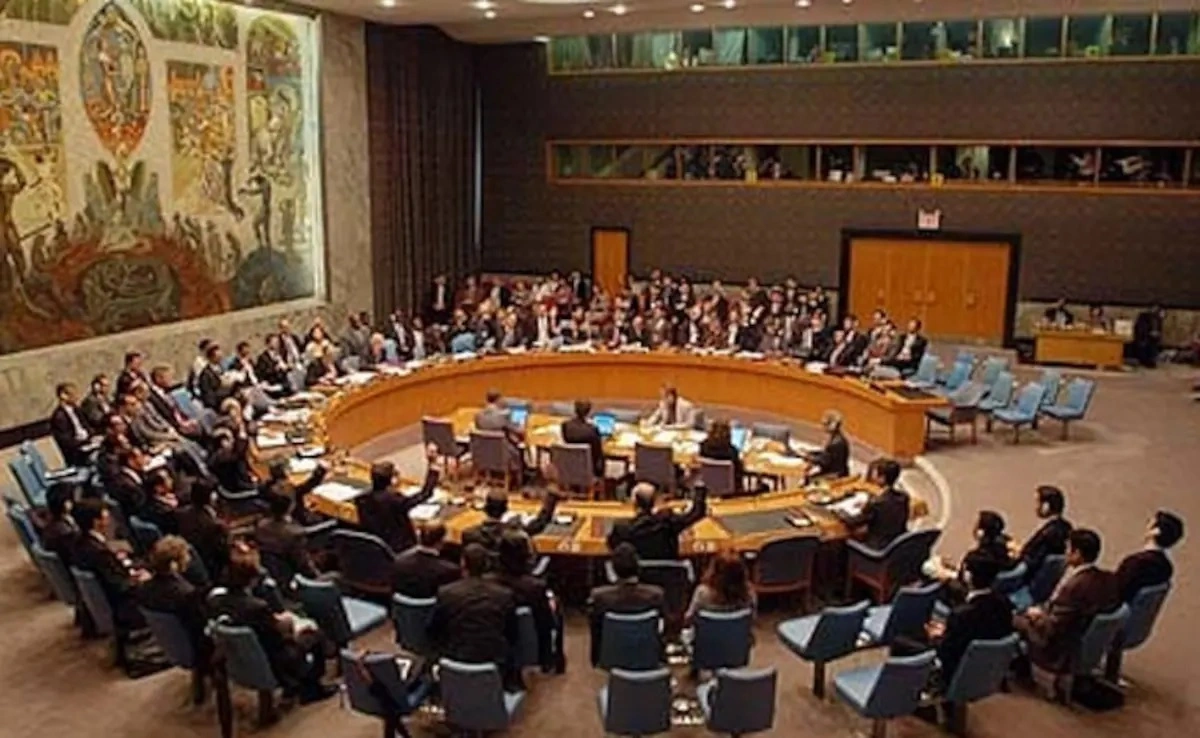ISLAMABAD: As friends in foreign capitals continue to advocate for a de-escalation of tensions in South Asia, Pakistan’s defence minister said the country was ready for any incursion by India.
The two neighbours have been trading fire across the Line of Control (LoC) for four days now, with each blaming the other for provocation.
“We have reinforced our forces because it is something which is imminent now. So in that situation some strategic decisions have to be taken, so those decisions have been taken,” Khawaja Asif told Reuters on Monday.
He said the military had briefed the government on the possibility of an Indian attack, but did not go into further details on his reasons for thinking an incursion was imminent.
His remarks follow New Delhi’s increasingly aggressive posturing following an attack in a tourist resort in India-held Kashmir, which claimed over two dozen lives.
Immediately after the Pahalgam attack, India claimed two of the suspects were from Pakistan, albeit without proof. Islamabad has flatly denied any role and called for a neutral investigation.
Also See: Pahalgam Attack: India Replays the Blame Script on Pakistan
In the interview, Mr Asif said Pakistan was on high alert and that it would only use its arsenal of nuclear weapons if “there is a direct threat to our existence”.
Later, in an interview with Samaa TV, he said, “We should be mentally prepared, there is a war looming on the horizon.”
The channel also quoted him as saying that there was a “vivid possibility” that “we can have war in the next day or two or three or four (sic)”.
However, he later had to clarify these remarks, telling Geo News: “They (the channel) asked me what the chances of war are, so I said that the next two to three days were crucial.”
“If something has to happen, then it will occur in the next two to four days … otherwise the immediate danger will pass.”
Mr Asif also clarified that his statement should not be misconstrued as a categorical prediction that war would begin within the next two to three days, reiterating that he had only said the “upcoming days would be crucial.”
He reiterated that he had said there was a danger of war breaking out in the next few days but it could also be averted, as other countries in the region were working to avert any contentious situation and de-escalate the matter.
He said that Islamabad had approached friendly countries, including Gulf states and China, and also briefed Britain, the United States and others on the situation.
“Some of our friends in the Arabian Gulf have talked to both sides,” Asif said, without naming the countries.
Over the past week, leaders and officials from China, Saudi Arabia, Iran and the UK have been in touch with Prime Minister Shehbaz Sharif and Deputy PM Ishaq Dar. All of them have urged a de-escalation of tensions.
De-escalation
Meanwhile on Monday, Beijing, Washington, Ankara and Doha also expressed the hope that India and Pakistan will exercise restraint and welcomed all measures that will help cool down the situation.
“China hopes that the two sides will exercise restraint, meet each other halfway, properly handle relevant differences through dialogue and consultation and jointly maintain regional peace and stability,” foreign ministry spokesman Guo Jiakun said.
“China welcomes all measures that will help cool down the situation,” AFP quoted Jiakun as telling a regular press briefing.
Beijing’s call for restraint added to the United States’ statement from Sunday, urging India and Pakistan to work towards what it called a “responsible solution”, as Washington said it was in touch with both countries.
“This is an evolving situation and we are monitoring developments closely. We have been in touch with the governments of India and Pakistan at multiple levels,” a US State Department spokesperson told Reuters in an emailed statement.
“The United States encourages all parties to work together towards a responsible resolution,” the spokesperson added.
In public, the US government has expressed support for India after the attack but has not criticised Pakistan, while President Trump said last week he was confident that both countries would “get it figured out”.
Speaking after a cabinet meeting on Monday, Turkiye President Recep Tayyip Erdogan said his country also wants a de-escalation between Pakistan and India, Reuters reported.
Separately, speaking to Mr Dar, who also holds the foreign affairs portfolio, Qatar’s prime minister emphasised the importance of resolving conflicts through dialogue and diplomacy.
Dar spoke with Sheikh Mohammed bin Abdulrahman Al-Thani as part of Pakistan’s diplomatic outreach to inform allies about what Islamabad describes as India’s “unsubstantiated allegations, inflammatory rhetoric, and unilateral measures,” according to a statement from the Foreign Office.
During the conversation, Al-Thani underscored the imperative of maintaining regional peace and stability, highlighting the value of diplomatic engagement in addressing disputes between countries.
Both leaders reaffirmed the strong bilateral ties between Pakistan and Qatar and agreed to maintain close coordination and consultations on the evolving regional situation.
This news is sourced from Dawn and is intended for informational purposes only.

![Pakistan's defense minister warns of imminent Indian incursion as global calls for de-escalation intensify. [Image via Reuters]](https://southasiatimes.org/wp-content/uploads/2025/04/290712258be9072.webp)
![Prime Minister Narendra Modi with External Affairs Minister S. Jaishankar at an official event. [Photo Courtesy: Praveen Jain via The Print].](https://southasiatimes.org/wp-content/uploads/2026/02/20-scaled-e1755601883425-1024x576-1.webp)



